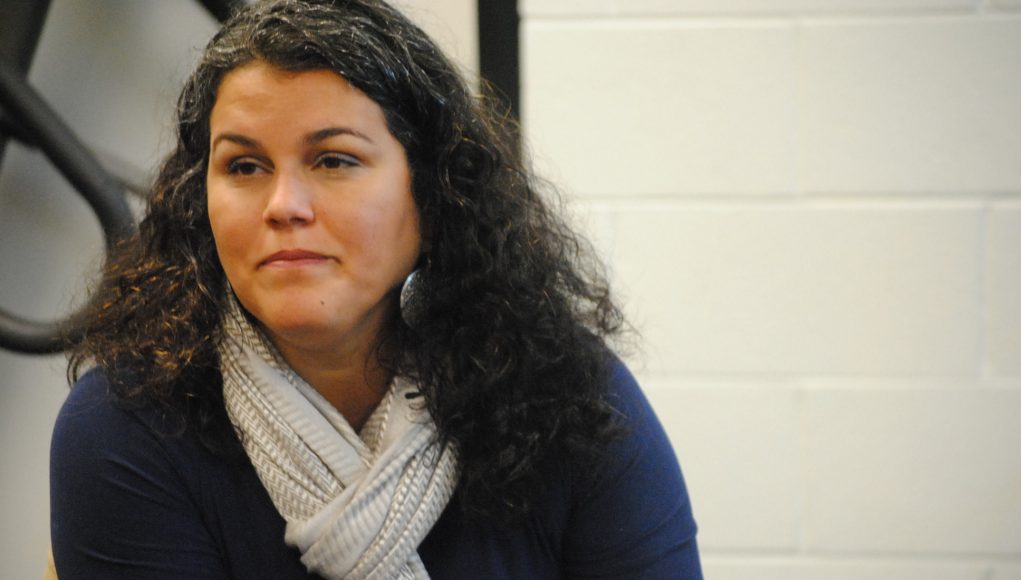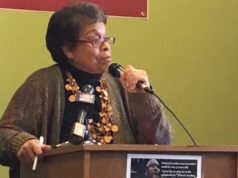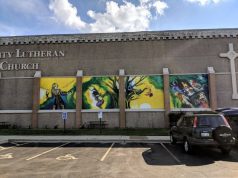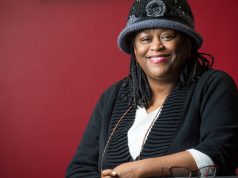 Ananda Mirilli was born in Rio de Janeiro, Brazil, where social justice was ingrained into her identity growing up. Many of her family members worked for nonprofit organizations.
Ananda Mirilli was born in Rio de Janeiro, Brazil, where social justice was ingrained into her identity growing up. Many of her family members worked for nonprofit organizations.
“I had really strong role models and it was like a thing that you did, you know?” she says. “If you have a little bit, you give.”
At fourteen, she would feed kids on the streets, volunteer at an orphanage primarily for kids with mental and physical disabilities, and volunteer at a shelter for elderly people who didn’t have families.
“You know, part of your existence is that you are doing something for somebody else, and it’s beyond just family members and people that you know,” she says.
Mirilli in now known for her passion for education, but when she was in school she struggled a lot.
“I was very bad in school growing up,” she says. “I didn’t understand school. I flunked seventh grade three times and eighth grade twice.”
It’s not until she started going back to college that she realized she had never gotten the help she needed in school, and when she got to the U.S. she saw the same thing happening — in particular, to young students of color.
Mirilli came to the U.S. in her early twenties, for a couple reasons. “In Rio the environments that I was growing up there was a lot of violence and oppression, in particular of women, and I felt very stifled, feeling that they were always someone or something that was preventing me from being my full potential. I thought in the U.S. I would have a better chance,” she says.
As she started working with students at Wright Middle School she discovered that she loved working with young people. She thinks a lot of educators are not trained correctly to understand and support youth of color.
“The teachers that are being trained are continuing to be majority white, and will continue to be for a little longer..schools of education can do a better job in preparing teachers and educators to very different demographics of students,” she said.
Mirilli is always fighting for justice and says injustice shows up in many different ways and to many different people. “It’s not something that always brings you joy and accomplishment, it’s an ongoing process,” she said. “I feel my best, when I’m fighting, when I’m angry about something and I want to change something.” She has had personal experiences with injustices, so she knows first hand what other people are feeling so she fights for them. She says, “I do have some privileges to make some disruption happen within systems.
In August, after two years of working with the Madison Metropolitan School District as an family youth and community engagement coordinator, Mirilli will start working for state in the Department of Public Instruction as an educational equity consultant.
This piece was produced by a student reporter in the Madison365 Academy. To learn more and support our educational programs, visit madison365.org/academy.










